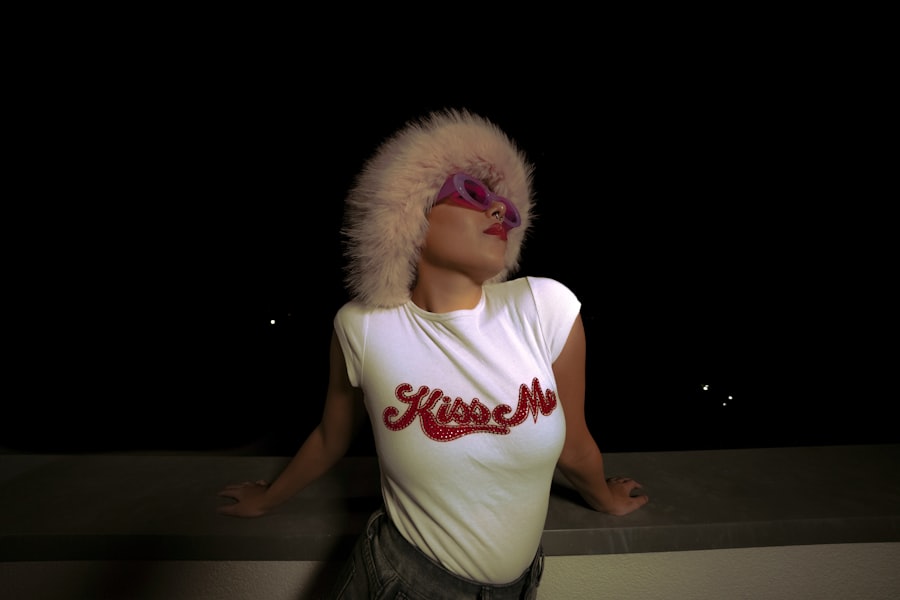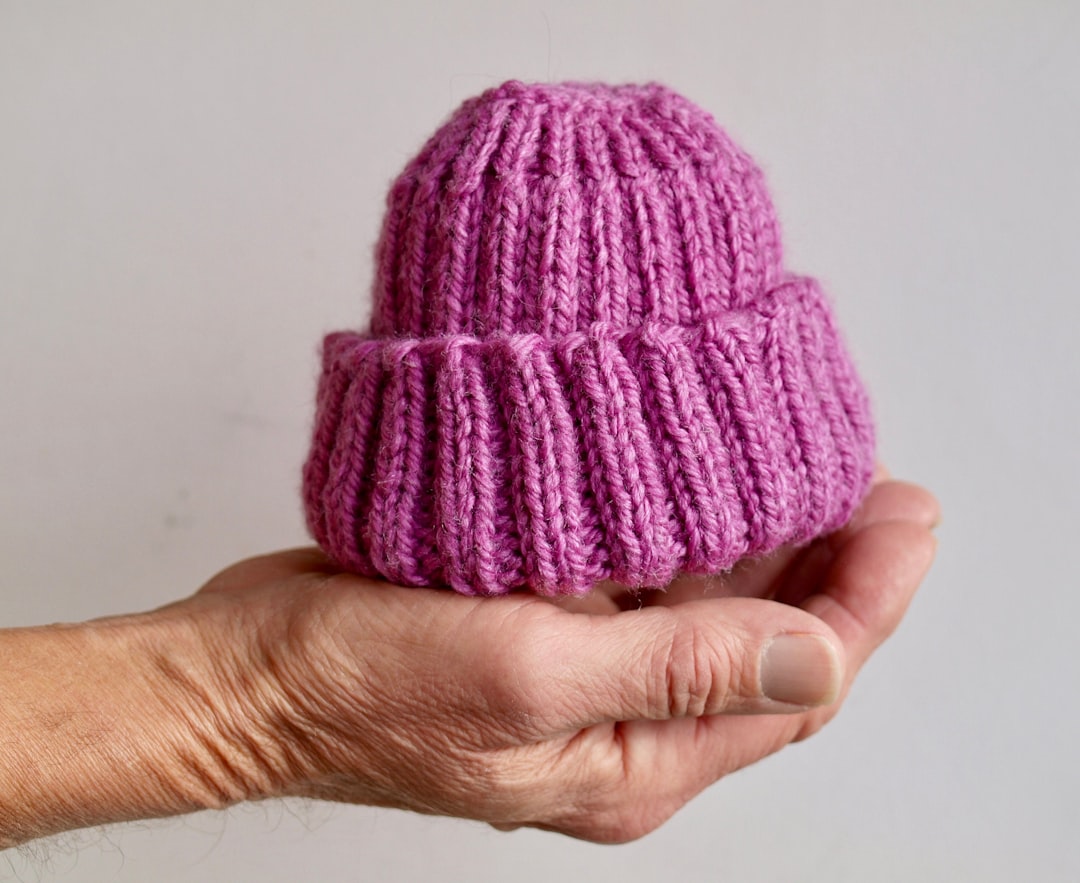When you decide to undergo laser hair removal, you are opting for a method that promises long-lasting results and a reduction in unwanted hair. The process involves the use of concentrated light beams that target the pigment in hair follicles. As the laser energy is absorbed, it damages the follicle, inhibiting future hair growth.
This treatment is particularly effective for individuals with dark hair and light skin, as the contrast allows the laser to focus more effectively on the hair. However, advancements in technology have made it possible for those with varying skin tones and hair colors to benefit from this procedure. Before your first session, you will likely have a consultation with a trained professional who will assess your skin type, hair color, and overall health.
This assessment is crucial as it helps determine the appropriate laser settings for your treatment. You may also be advised to avoid sun exposure and certain medications prior to your appointment to minimize any potential side effects. Understanding the intricacies of the laser hair removal process can help you feel more at ease and prepared for what lies ahead.
Key Takeaways
- Laser hair removal targets hair follicles with concentrated light energy to inhibit future hair growth
- After treatment, it’s important to avoid hot showers, saunas, and excessive sun exposure to prevent irritation and complications
- Waiting to shower allows the skin to recover and reduces the risk of inflammation, redness, and blistering
- Showering too soon after laser hair removal can lead to skin irritation, burning, and increased sensitivity
- Signs that it’s safe to shower include the absence of redness, swelling, and discomfort, as well as the healing of any blistering or scabbing
Post-Treatment Care Instructions
Managing Discomfort and Sensitivity
Your skin may feel sensitive or slightly irritated following the procedure, similar to a mild sunburn. To alleviate this sensation, applying a cool compress can be beneficial. Additionally, your specialist may recommend using soothing lotions or gels that contain aloe vera or other calming ingredients to help soothe the skin.
Protecting Your Skin from the Sun
Avoiding direct sunlight is another critical aspect of post-treatment care. Your skin will be more sensitive to UV rays after the procedure, making it imperative to apply a broad-spectrum sunscreen with a high SPF whenever you go outside.
Supporting the Recovery Process
Staying hydrated and maintaining a healthy skincare routine will further support your skin’s recovery process. This precaution will not only protect your skin but also enhance the effectiveness of the treatment by preventing pigmentation changes.
Importance of Waiting to Shower

One of the most important aspects of post-laser hair removal care is waiting to shower. After your treatment, your skin is in a delicate state, and exposing it to hot water or steam can exacerbate irritation and discomfort. It is generally recommended to wait at least 24 hours before taking a shower, allowing your skin time to heal and recover from the procedure.
This waiting period is crucial for ensuring that you do not disrupt the healing process or cause unnecessary complications. Moreover, waiting to shower gives your skin a chance to settle down after the treatment. The laser can cause temporary redness and swelling, and immersing your skin in hot water can intensify these reactions.
By allowing your skin to breathe and recover naturally, you are setting yourself up for a more comfortable healing experience. It’s essential to prioritize this waiting period as part of your overall aftercare strategy.
Potential Risks of Showering Too Soon
| Risk | Description |
|---|---|
| Increased infection risk | Showering too soon after surgery can increase the risk of infection at the incision site. |
| Disruption of healing | Showering too soon can disrupt the healing process and lead to complications. |
| Bleeding | Showering too soon can cause the incision site to bleed and delay the healing process. |
Showering too soon after laser hair removal can lead to several potential risks that may compromise your results and overall skin health. One of the primary concerns is the risk of irritation. Hot water can aggravate sensitive skin, leading to increased redness, swelling, or even blistering in some cases.
This irritation can be uncomfortable and may prolong the healing process, making it essential to adhere to recommended waiting times.
The laser treatment creates tiny openings in the skin as it targets hair follicles, and introducing water—especially if it’s not clean—can introduce bacteria that may lead to infections.
By waiting to shower, you are minimizing this risk and allowing your skin to form a protective barrier that aids in healing.
Signs That It’s Safe to Shower
As you navigate your post-laser hair removal care, it’s important to recognize when it’s safe to resume showering. Generally, if you notice that any redness or swelling has significantly diminished and your skin feels less sensitive, it may be an indication that you can safely shower. However, each individual’s healing process varies, so it’s crucial to listen to your body and assess how you feel before making this decision.
Another sign that it might be safe to shower is if you no longer experience discomfort when touching the treated area. If your skin feels normal and there are no visible signs of irritation or inflammation, you can consider taking a lukewarm shower. Always remember that if you have any doubts or concerns about your skin’s condition post-treatment, consulting with your laser hair removal specialist is advisable.
Tips for Showering After Laser Hair Removal

Once you’ve determined that it’s safe to shower after your laser hair removal session, there are several tips you should keep in mind to ensure a comfortable experience. First and foremost, opt for lukewarm water instead of hot water. Hot showers can exacerbate sensitivity and irritation, so keeping the temperature moderate will help maintain comfort while cleansing your skin.
Additionally, consider using a gentle, fragrance-free body wash that won’t irritate your sensitive skin. Avoid scrubbing or exfoliating the treated area for at least a week after your session; instead, use your hands to apply cleanser gently. Patting your skin dry with a soft towel rather than rubbing it will also help prevent any unnecessary irritation.
Following these tips will help ensure that your post-treatment shower experience is as soothing as possible.
Additional Aftercare Recommendations
In addition to waiting before showering and following gentle cleansing practices, there are several other aftercare recommendations that can enhance your recovery from laser hair removal. Keeping the treated area moisturized is vital; using a fragrance-free moisturizer can help soothe any dryness or irritation that may occur post-treatment. This step not only aids in comfort but also supports the healing process by maintaining skin hydration.
Avoiding tight clothing over the treated area is another important consideration. Loose-fitting garments allow your skin to breathe and reduce friction against sensitive areas, minimizing discomfort during recovery. Furthermore, steering clear of activities that cause excessive sweating—such as intense workouts or hot yoga—can help prevent irritation and promote healing in the days following your treatment.
Consulting with Your Laser Hair Removal Specialist
Finally, one of the best ways to ensure a smooth recovery after laser hair removal is by maintaining open communication with your specialist. If you have any questions or concerns about post-treatment care or if you experience unexpected side effects, don’t hesitate to reach out for guidance. Your specialist can provide personalized advice based on your unique situation and help address any issues that may arise.
Regular follow-ups with your laser hair removal provider can also enhance your overall experience. They can monitor your progress and make adjustments to future treatments if necessary, ensuring that you achieve optimal results over time. By staying informed and engaged with your specialist throughout the process, you are taking proactive steps toward achieving smooth, hair-free skin while prioritizing your health and well-being.
If you are wondering how long after laser hair removal can you shower, you may want to check out the article on For more information or to schedule a consultation, you can visit the




